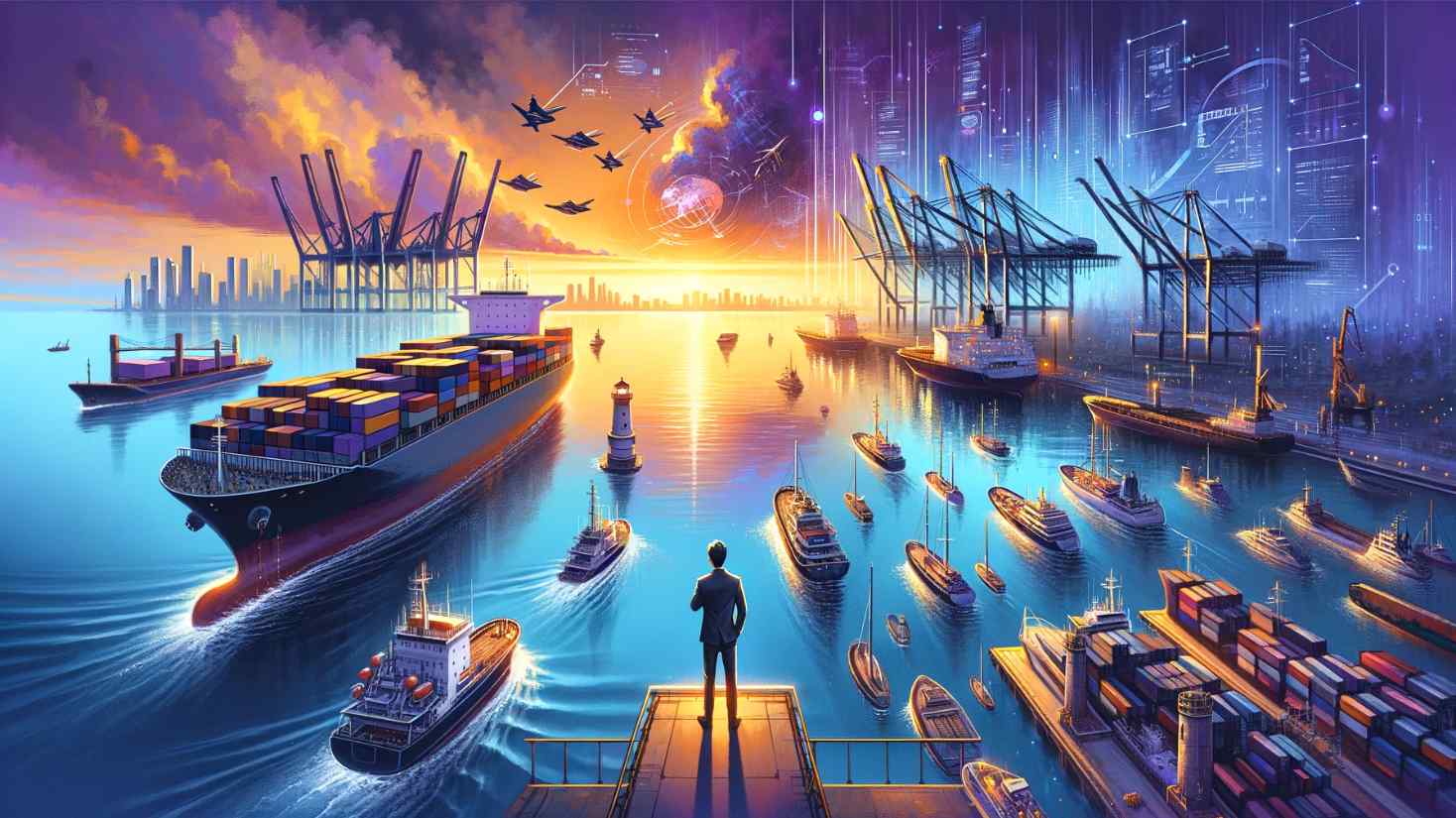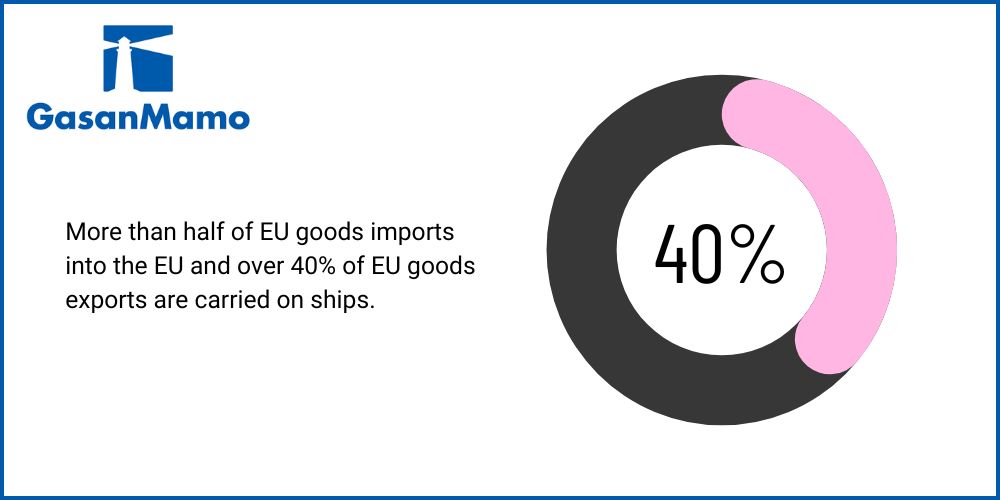Published on the 6th June 2024
5 Compelling Benefits Of Marine Insurance
Reading Time: 4 min read

Marine insurance is essential for cargo and ship owners to protect vessels and cargo and maintain interests. The marine industry is one that is in a growth period as it adapts to an era of change.
Recent studies into European marine activity reveal that more than half of EU goods imports into the EU and over 40% of EU goods exports are carried on ships. In 2021, 1.1 trillion euros worth of goods were imported to the EU, plus EU cargo exports executed by sea totalled around 956 billion euros.
As this transformative period for the marine industry evolves, ensuring vessels have the correct level of protection in place provides business continuity and clear security.
Contents
- What is Marine Insurance?
- What Are the Main Types of Marine Insurance?
- 5 Compelling Benefits of Marine Insurance
What is Marine Insurance?
Marine insurance is defined as cover against risks related to transporting goods over land, sea or air. Marine insurance has been in existence for many decades, and now provides benefits for a range of marine service providers.
In actuality, this type of insurance delivers different types of provisions for shipping organisations and vessel owners, including hull insurance and cargo cover. Marine insurance covers loss or damage to ships, cargo, terminals and other related assets.

What Are the Main Types of Marine Insurance?
Marine insurance can be broken down into more specific policies, some of which include:
- Hull insurance
Hull insurance covers damage to the vessel’s hull and body. This policy covers vessels against damage and accidents.
- Cargo insurance
Cargo insurance covers the goods being transported by the vessel from one country to another, specifically if goods are lost while in transit over land, sea or air.
- Liability insurance
Marine liability insurance provides protection in the instance of loss of life, injury or other damage sustained by third parties.
How Does Marine Insurance Work?
In essence, marine insurance works by the insurer taking over the responsibility for damage to a vessel or its goods. In order to obtain coverage, the company must pay a premium to the insurer. This enables the insurer to provide the policy holder with a promise to pay if there is damage to the vessel or goods, if this is caused by accidents described int he policy.
If damage or loss occurs, the policy holder should file a claim that explains the loss, supported by evidence to the insurance company. An investigation will be undertaken to make sure that the claim is proven and it is covered under the existing policy.
Typically, the details of levels of compensation and scenarios in which compensation can take place for damage or loss are detailed in the agreed insurance policy. It is advised that the policyholder is familiar with all aspects of their insurance coverage.
5 Compelling Benefits of Marine Insurance
- Loss protection
Having an active insurance policy protects organisations from financial depletion as a result of vessel or cargo damage or loss. For example, if a vessel owner’s ship has experienced damage from adverse weather conditions, then they contact their insurance provider with information about the damage so that repair costs are covered.
- Industry reputation
Customers and partners trust businesses that show responsibility through their adoption of relevant insurance policies. This instills confidence in clients and stakeholders that your business delivers assured transportation services and invests in the protection of assets and cargo.
- Risk management
Being insured for vessel or cargo damage and loss helps your business to reduce the element of risk involved in cargo transportation. Both clients and partners will appreciate the mitigation of risk across the supply chain.
- Legal compliance
A large proportion of marine contracts will require adequate coverage to manage risk and meet international trade agreements alongside regulatory requirements. The International Maritime Organisation (IMO) requires that vessel owners provide liability insurance that protects shipping and limits marine pollution.
- Third-party claims protection
Marine insurance can provide liability cover for third-party only claims. For instance, if two vessels collide, a vessel owner can claim compensation to cover damage to the other vessel or injury to those on board.
Read the advantages of boat insurance in our blog.
Why Marine Insurance Protection is Necessary
Comprehensive coverage of vessels and cargo is more than just a desirable option in today’s marine industry. There’s no doubt that if businesses want to operate in the current complex commercial environment, then providing reassurance and reasonable protection results in increased trust and confidence with clients and partners.
Begin your own search for the right plan in Malta by looking through our compelling benefits on our boat insurance page and contact our experienced team today.
GasanMamo Insurance is authorised under the Insurance Business Act and regulated by the MFSA.